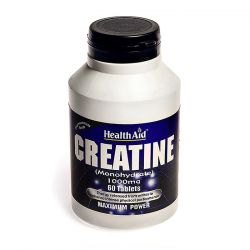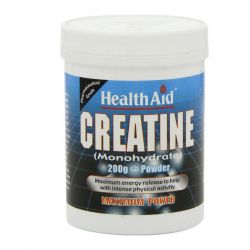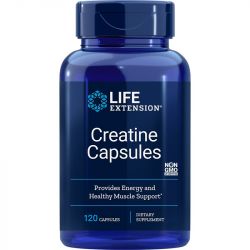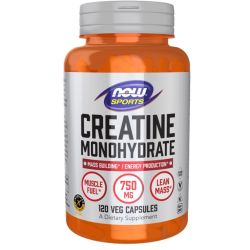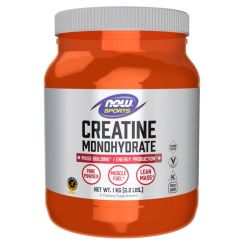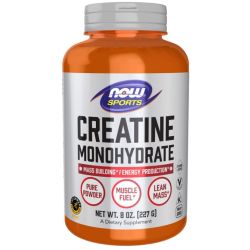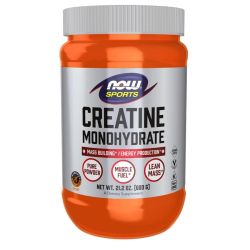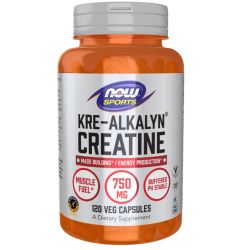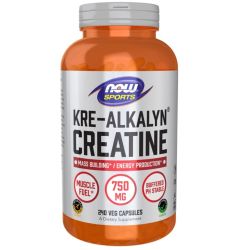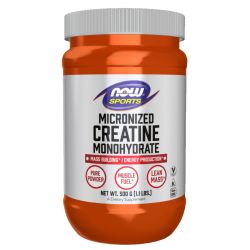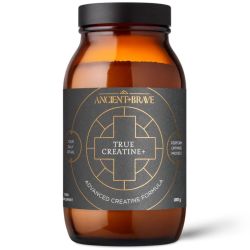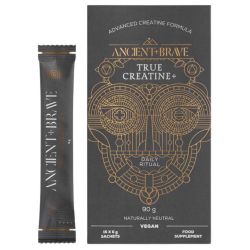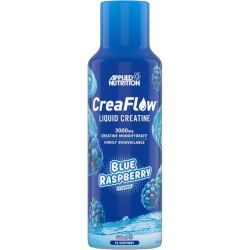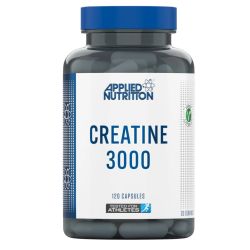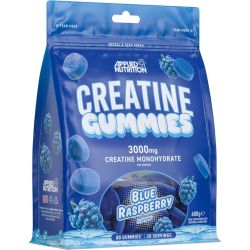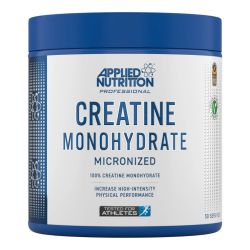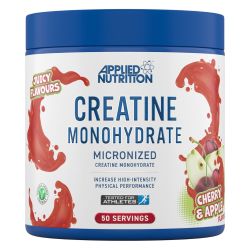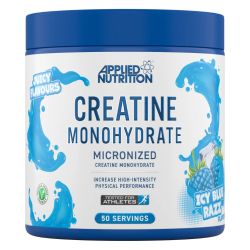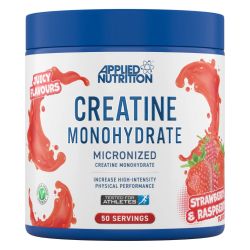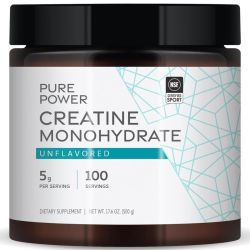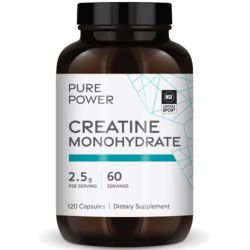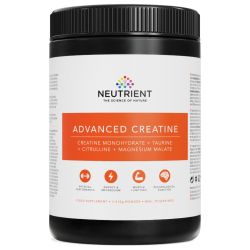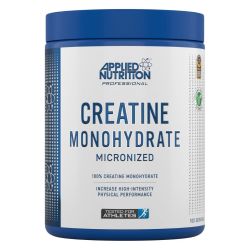Creatine Supplements
Creatine Powders: 100% Pure Creatine Monohydrate Powders
Use creatine monohydrate powders to improve exercise performance and increase muscle mass. Choose plain or flavoured creatine powder to add to your shakes and smoothies and support your workouts. Shop high-quality creatine powders.
Creatine Capsules & Tablets
Creatine supplements are available in forms to suit you, including creatine capsules and tablets that make getting a quick dose easy. Taking creatine tablets or capsules shortly before working out can improve performance, and taking it after can help aid recovery. Try creatine supplements today and see how they can support your fitness goals!
Creatine Supplements FAQs
Get the answers to the most common questions about creatine supplements, from what creatine capsules are good for and the benefits of creatine powder to the potential side effects of using creatine and more.
What Does Creatine Do To The Body?
In the simplest terms, creatine supplements can help maintain a continuous energy flow during intense exercise. Creatine maximises athletic performance through improved energy production, stamina, muscle strength, growth and recovery.
A natural compound found in the brain and muscles, creatine provides the body with a boost that has led it to being well-regarded as a performance enhancer for lifting, workouts, sprinting and other high-intensity activities.
What Are The Benefits Of Taking Creatine?
Creatine supplements are popular among athletes and bodybuilders because of the way it increases muscle mass and strengthens performance, especially during high intensity workouts. The muscular strength it gives a person enables them to get bursts of energy and speed during running or weight lifting.
When taken, creatine turns into creatine phosphate, which is then converted into adenosine triphosphate (ATP), which gives the body energy for muscular contractions. We do produce some creatine naturally, but most of the creatine we need comes from a protein-rich diet.
What Do Creatine Tablets Do?
Creatine tablets provide the same energy boost to your muscles that capsules and powders do. The advantage of creatine tablets over powders is they require no preparation to take. The disadvantage is that you have less flexibility with doses.
What Is Creatine Powder Good For?
Creatine powder is good for those who want to have complete control over their creatine intake. Using a creatine supplement powder means you can control your creatine intake to the gram. With creatine capsules and tablets, you are limited to the pre-determined doses.
Creatine supplement powder is also beneficial for easy ingestion as you can add it to yogurt, smoothies and shakes as part of your pre or post workout.
What Are Creatine Capsules Good For?
Creatine capsules are good for a quick dose of creatine, in an easy-to-swallow form. Creatine tablets can be hard for some people to swallow and so creatine capsules are a great alternative. They are more portable and require less preparation than creatine powder – though creatine powder allows you to customise your dose.
What Are The Side Effects Of Creatine?
Creatine is generally safe for most people, but some may experience mild side effects such as: bloating, stomach discomfort, and water retention.
These effects are often linked to the body retaining extra water in the muscles, which can lead to temporary weight gain. If you're wondering, does creatine make you gain weight, the answer is yes, but typically in the form of water weight rather than fat. Staying hydrated and following recommended dosages can help minimise side effects.
There are also claims that creatine may cause hair loss, however research is currently minimal, with no direct evidence to support it.
When Is The Best Time To Take Creatine?
The best time to take creatine depends on your goals and routine. Many prefer taking it post-workout to help with muscle recovery and energy replenishment, while others take it consistently at the same time each day for optimal saturation. If you're wondering, can you take creatine before bed, the answer is yes—it can be taken at night without affecting its effectiveness. Some choose creatine before bed to fit it into their schedule, as timing is less important than daily consistency.
Is Creatine A Steroid?
Creatine should not be confused with steroids or bodybuilding powders or shakes. It is a natural substance that we can produce in our bodies, and is found in red meat, fish and other proteins, as well as within our own muscles.
Does Creatine Lower Libido?
There is not sufficient or conclusive evidence to suggest that creatine affects a person's libido and testosterone or estrogen levels. While there have been theories that creatine lowers libido in men, these claims have not been backed up with official evidence.

